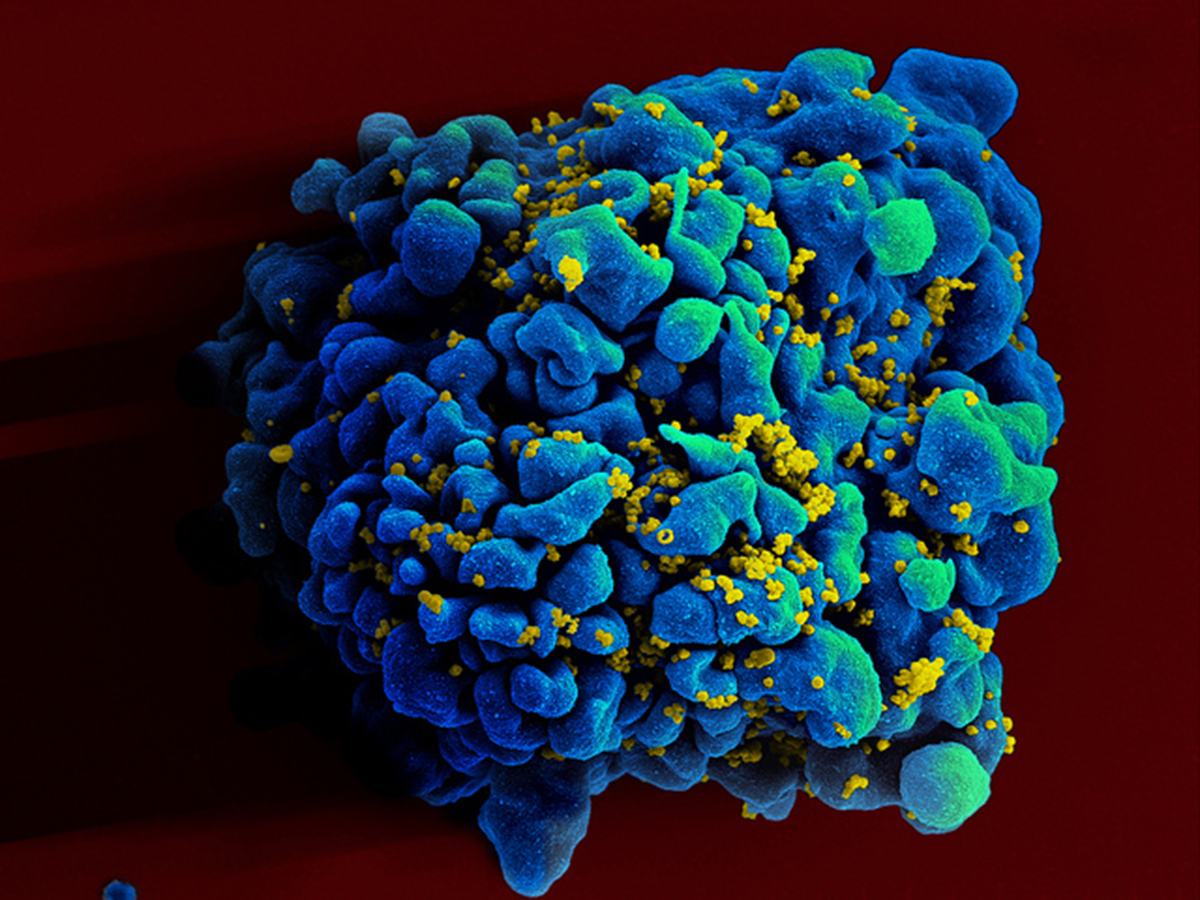Table of Contents
What really has scientists excited, though, is the work of Dr Xu Yu and her team at the Ragon Institute. The Ragon Institute is a collaboration between Massachussetts General Hospital, MIT and Harvard, set up specifically to study elite controllers. They built on what we already know, which is that the bodies of elite controllers have CD8 T-cells, elements of the immune system, that show a far stronger reaction to the HIV virus then the norm. What wasn't known before was why, but Dr Yu thinks her team may have discovered the answer.
They found it by infecting colonies of dendritic cells - the immune system's intelligence department, responsible for "teaching" other immune cells which virusses and bacteria to target and how — with HIV. Some of the colonies came from HIV patients, some from HIV patients on antiretrovirals and some from elite controllers.

The Elite Controller Paradox
What they saw was not a different amount of a certain response, but two different responses.
In the cells of elite controllers, the HIV virus was allowed to promulgate itself unchecked, running wild and producing large amounts of genetic material unmolested. But then, when the immune cells did act, they produced comparatively gigantic amounts of antiviral compounds called type 1 interferons.
Two days later, the differences in the two results were even more startling. In ordinary people immune response was dying down. In elite controllers it was still just getting started. Waves of type 1 interferon were still being pumped out and CD8 T-cells were ramping up production to attack the HIV virus.
The next stage is to figure out why this happens and what it means. Virologist Sarah Roland-Jones at the University of Oxford says, "t tells us what the difference is in elite controller cells, and it sounds pretty key, but it doesn’t tell us why it happens." She thinks the reason may be that the viral DNA buildup in the cells of elite controllers gives the immune system more information and a clearer target. Whatever the reasons, the outcome is clear: elite controllers' immune systems are able to keep HIV populations so low that they're not just asymptomatic, they're often almost undetectable. By contrast, the immune systems of ordinary people attack the HIV virus early, kill some — and leave a large enough remnant to become infected in the normal way.
READ HIV: An Overview Of Antiretroviral Drugs
Dr Yu's team is now working on substances they might add to vaccines or drug therapies to trigger the dendritic cells of ordinary people to act like those of elite controllers. If it's possible, it would enable us to defeat the HIV virus right where it does the worst of its damage: in our own immune systems.
- "Some people can resist the ravages of HIV – here’s how," New Scientist, https://www.newscientist.com/article/dn27708-some-people-can-resist-the-ravages-of-hiv-heres-how/
- "Girl Thought to Have Been Cured of HIV Has Relapsed," Mashable, http://mashable.com/2014/07/10/girl-thought-to-have-been-cured-of-hiv-has-relapsed/#lLjpyPB4cqqo
- "It May Be Possible To Prevent HIV Even Without a Vaccine," Time Magazine, http://time.com/3561557/hiv-natural-immunity/
- "Effort to cure HIV suffers major setback," Mashable, http://mashable.com/2014/12/18/hiv-aids-cure-setback/#XiJf8KsRckqI
- Mind map by Steadyhealth.com
- Photo courtesy of niaid:https://www.flickr.com/photos/niaid/6813396647/

